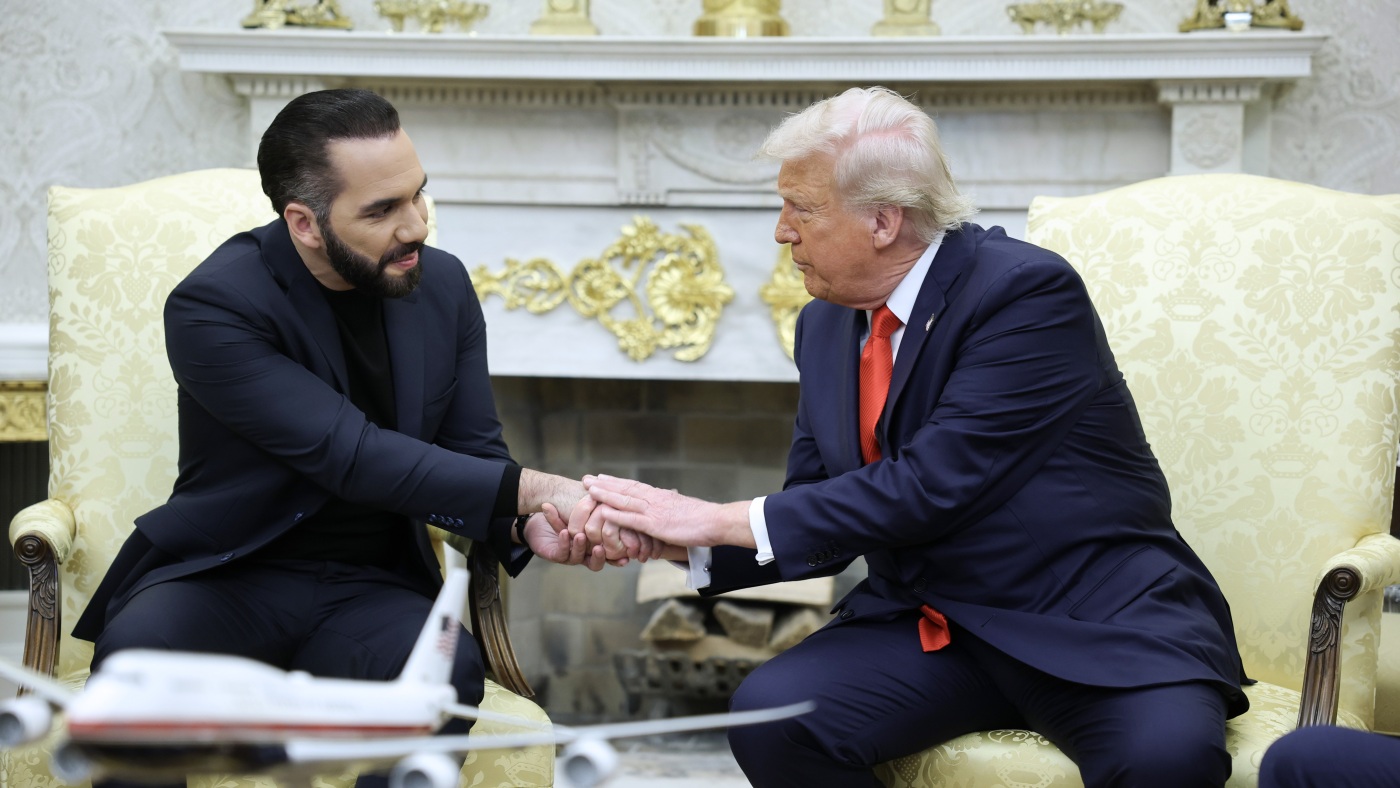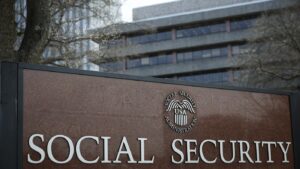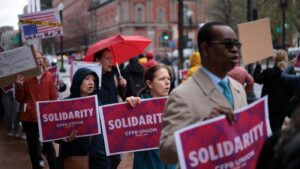Controversy Surrounds Deportation of Salvadoran Man to Notorious Prison
Recent developments in the case of Kilmar Armando Abrego Garcia have raised significant questions about the actions of U.S. government officials. Abrego Garcia, who has lived in Maryland for approximately 15 years, was mistakenly deported to El Salvador, where he is now detained in a Salvadoran mega-prison. The U.S. Supreme Court has intervened, urging the Trump administration to facilitate his return.
Federal Judge Paula Xinis in Maryland is spearheading an inquiry into whether there is “bad faith” involved on the part of government officials in Abrego Garcia’s deportation. She has initiated a two-week “expedited discovery” process to better understand the government’s efforts—or lack thereof—to secure his return.
Despite being granted protections by a U.S. immigration judge, Abrego Garcia found himself back in El Salvador’s CECOT prison. Judge Xinis emphasized the urgency of the situation, stating, “It is a fact now, of this record: every day he is detained in CECOT is a day of irreparable harm.”
Depositions are underway with key figures, including Joseph Mazzara from the Department of Homeland Security and Robert Cerna from Immigration and Customs Enforcement, to ascertain the government’s intentions in this high-stakes case.
Oval Office Discussions
In a recent meeting at the White House, President Nayib Bukele of El Salvador assured President Trump that he would not “smuggle a terrorist into the United States.” The U.S. government has accused Abrego Garcia of MS-13 gang affiliations, a claim his attorneys dispute, highlighting his clean criminal record.
The Department of Homeland Security has stated its readiness to facilitate Abrego Garcia’s return to the U.S. if he arrives at a port of entry. However, this would likely lead to further detention, as indicated by Mazzara in a recent court declaration.
Legal Arguments and Government Stance
Abrego Garcia’s legal team argues that the U.S. government should formally request his release from Salvadoran custody. Meanwhile, the Department of Justice provided a transcript of a recent Oval Office press conference, claiming it demonstrates the government’s ongoing efforts to resolve the issue.
The Supreme Court has emphasized the importance of diplomatic deference, suggesting that the executive branch should have the final say in foreign affairs, including this deportation case.
Challenges in Facilitating Return
The Trump administration’s stance is that facilitating Abrego Garcia’s return is contingent upon cooperation from El Salvador. Attorney General Pam Bondi noted, “If they [El Salvador] wanted to return him, we would facilitate it – meaning provide a plane.” Despite this, President Bukele has stated he lacks the authority to send Abrego Garcia back.
An administrative mistake led to Abrego Garcia’s deportation, despite an immigration judge’s decision in 2019 to withhold removal. This allowed him to reside in the U.S. legally, and he had been maintaining a valid work permit since then.






